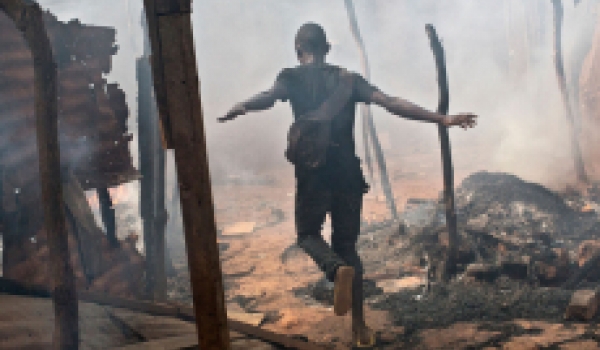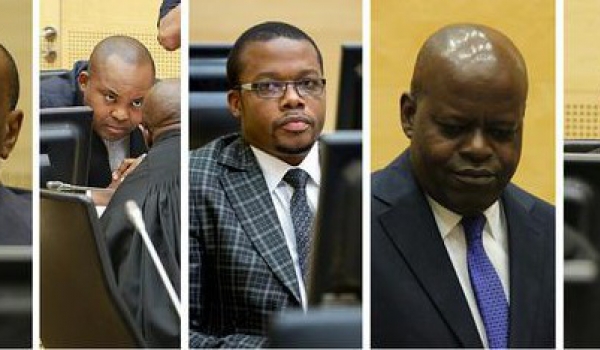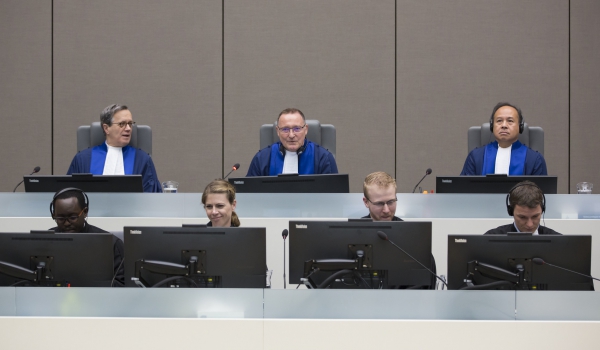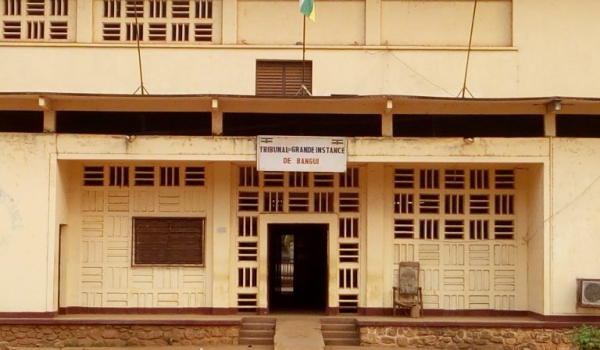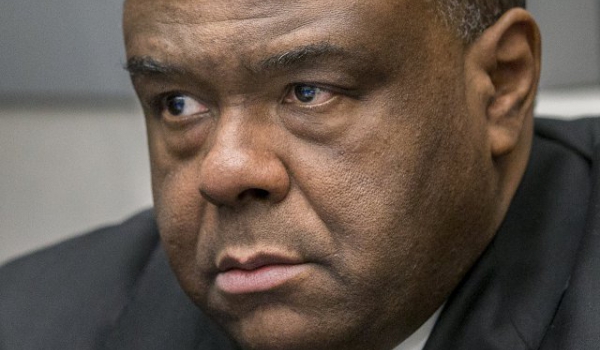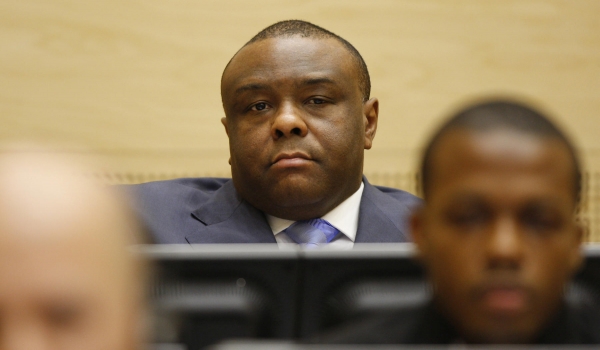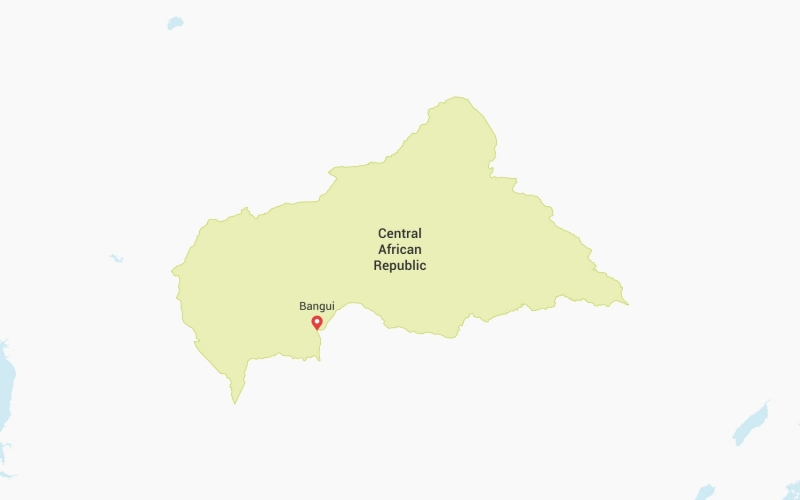
ICC investigation into 2002-03 violence
In May 2007, the ICC prosecutor opened an investigation into war crimes and crimes against humanity allegedly committed in the country since 1 July 2002, with a particular focus on violence from 2002-03. In 2016, the single main case from the CAR I situation—against former rebel commander and later Congolese Vice-President Jean Pierre Bemba—resulted in a conviction and 18-year prison sentence for crimes against humanity and war crimes. Allegations of witness-tampering in the trial led to a second ICC trial for Bemba, along with and four associates, for offenses against the administration of justice.
Second ICC investigation into renewed violence since 2012
The CAR's transitional government made the second ICC referral in May 2014, amid allegations of sectarian violence between the Muslim Séléka and Christian anti-Balaka groups, which have been battling for control of the country since a failed 2012 coup attempt. In September 2014, following a brief preliminary examination, the ICC prosecutor opened an investigation into alleged grave crimes committed in the CAR since 1 August 2012.
The CAR has often noted the weaknesses of its national justice system due to years of conflict, resulting in a lack of human and material resources to handle investigations into complex grave international crimes.
Special criminal court - but not for presidents
In April 2015, the CAR’s National Transitional Council approved the establishment of a Special Criminal Court to investigate and prosecute those responsible for atrocity crimes in the country since 2003. Lawmakers, however, decided against adopting provisions prohibiting immunity for heads of state and senior government officials.
Victims, civil society, the UN Security Council, and national authorities have long lamented the obstacles to national justice for victims of grave crimes. The CAR ratified the Rome Statute in October 2001, and in 2010 parliament adopted legislation introducing ICC definitions of genocide, crimes against humanity, and war crimes into the criminal code.
Civil society activities
Through the Central African Coalition for the ICC, civil society – including lawyers, NGOs, and victims’ associations – has been actively engaged in awareness-raising on the ICC and rule of law and information exchange with the ICC since 2007, and has been instrumental in advancing the special hybrid court.
Watch Human Rights Watch and National Geographic's collaboration telling the story of the crisis in Central African Republic:
